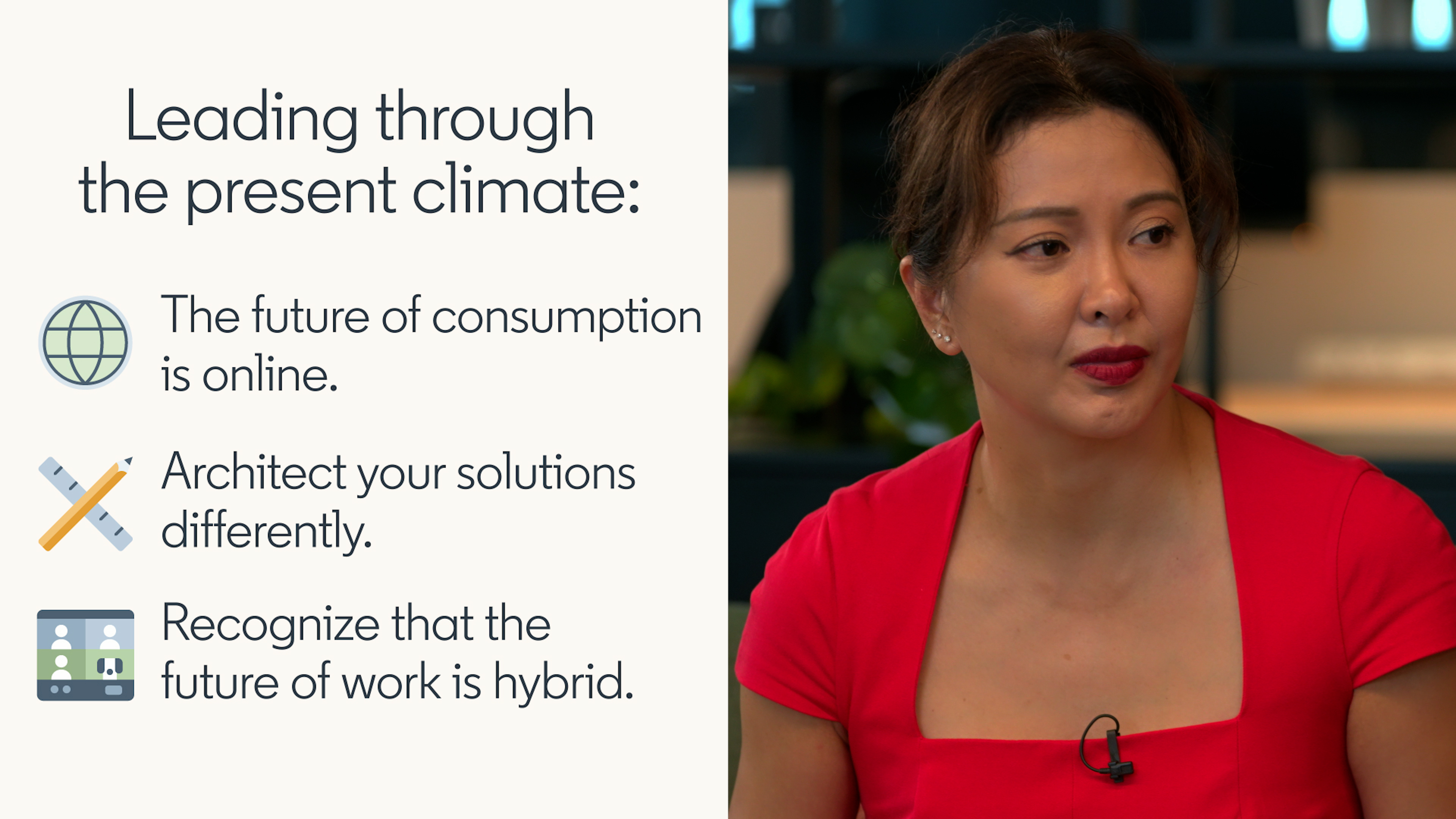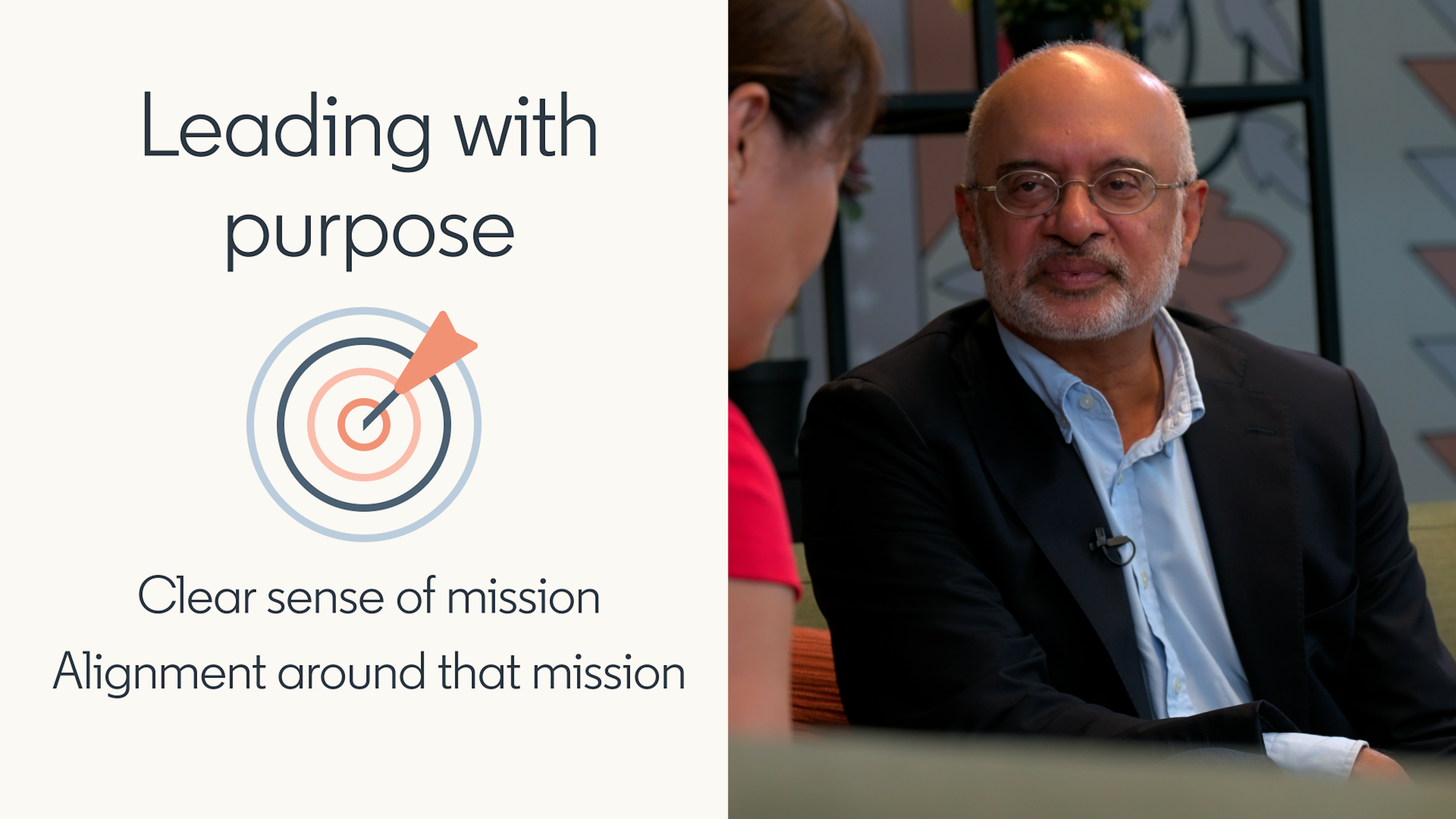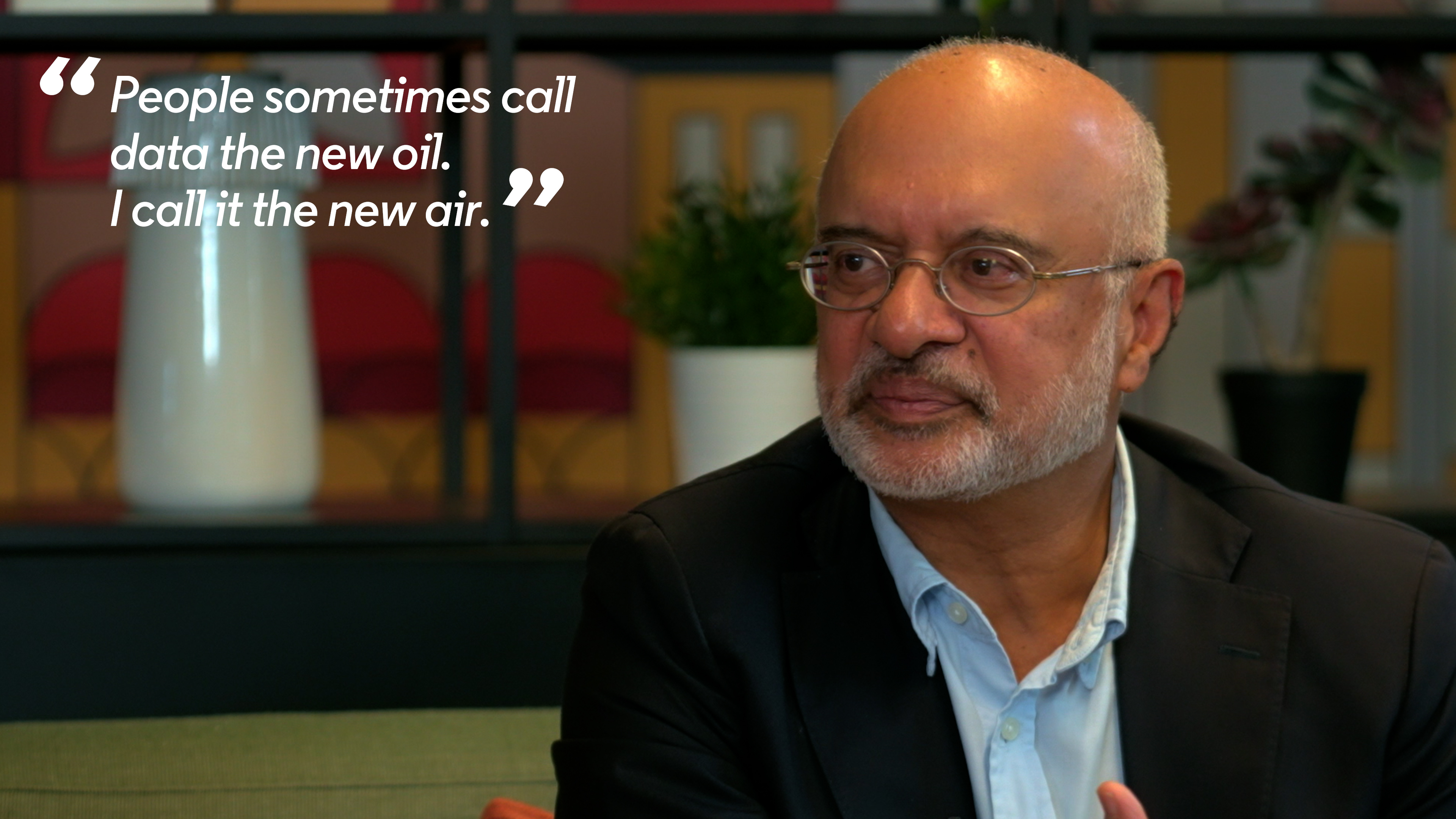DBS chief Piyush Gupta’s top tips for leadership in the AI era

THE closed shop fronts and silent streets during the Covid pandemic accelerated a digital transformation in our lives.
The virtual world flourished even as the physical world paused; leaders and teams weren’t just adapting, they were evolving to a digital-first approach. Organisations of all sizes were embracing a new digital way of work, seemingly overnight.
Post-pandemic, we’re seeing the rise of another transformation, this time enabled by the widespread adoption of artificial intelligence (AI).
AI is ushering in a new era of work. While it has liberated professionals from the drudgery of mundane tasks so they can spend more time collaborating and doing more fulfilling work, it is also challenging the very definition of work. This signals an exciting possibility – one where people skills become more essential to individual success, and where richer interpersonal collaboration can accelerate company success.

As the future of work becomes entwined with the future of learning, there’s an urgency for leaders to navigate the use of AI at work. It’s more than just adapting; it’s about rethinking how to manage and lead teams, hire for skills and build a robust culture of resilience, agility and flexibility, while finding responsible and commercially viable ways to turbo-boost business growth.
In the latest episode of my LinkedIn series, At the Table, I had an insightful conversation with DBS CEO Piyush Gupta.
GET BT IN YOUR INBOX DAILY

Start and end each day with the latest news stories and analyses delivered straight to your inbox.
In the face of obstacles ranging from the pandemic to multiple geopolitical and economic headwinds, the bank he leads has continually embraced technology to drive positive organisational change. Our discussion explored the impact of AI on business leadership and how organisations must facilitate and encourage career resilience to create a workforce for the future.
Here are four tips I’ve gleaned from our conversation to help leaders navigate this dynamic landscape:
1) Your mission is your compass
In our chat, Piyush shared his thoughts on navigating challenges in the business environment during the pandemic.
“When Covid-19 hit, it became quite apparent that the future of buying, consumption, gross domestic product (GDP) – it was all moving online. It was important (for organisations) to architect your products and your solution sets very differently – from solving the disruptions to last-mile service and remote working.”
Leaders know that change is the only constant, and it’s essential to stay true to the organisation’s purpose and maintain a forward-thinking approach despite challenges. As someone who’s been part of a mission-driven organisation for over a decade, I’ve seen first-hand how we can successfully encourage our people to embrace change when we have that clear purpose.

Piyush agrees. “Leaders need to have a clear sense of mission, of what you’re trying to do, and more importantly, this means getting everybody in the system to buy into this common idea of what your true north is.”
2) Focus on human-AI collaboration
While there are residual concerns about AI being a threat to jobs and companies, we see many more professionals eager to incorporate AI to grow their skills, increase their impact, and do the creative and collaborative work they enjoy most.
In fact, a recent LinkedIn survey showed that business leaders are more interested to use AI to increase productivity as opposed to reducing headcount, the latter of which was the last on their list of priorities. Employees are also keen to use AI in everyday work: 56 per cent of our survey respondents in Singapore and 72 per cent in Indonesia have begun experimenting with AI tools to enhance productivity.
In my own professional journey, I’ve seen how initial apprehensions surrounding AI quickly dissipate once employees see how it can help us do more collaborative and higher-value work to enhance career growth and unlock new opportunities. Our survey findings show us clearly that many view AI as an invisible teammate that provides them quicker access to knowledge and insights, and can boost their confidence at work.
As a leader, embracing AI as a collaborator rather than a competitor is key; it will be an invaluable resource for building careers and companies. Effective leaders in the AI era will be ones who find ways to harness AI to achieve more impactful outcomes.

Piyush aptly summed it up: “People sometimes call data the new oil. I call it the new air, because it is everywhere, and it knows no boundaries. The future of the world will belong to people who master data and who can leverage AI.”
3) Be open to change
Every day, I find myself learning new ways to get the most from AI. Tools powered by AI have helped to enhance my reasoning, learning and productivity, and I observe this in others around me too.
At LinkedIn, we’re seeing a big shift in terms of required job skills. This is especially true in Apac – for example, skills required for the same job in Singapore have changed by 36 per cent since 2015. A vast majority of recruiters in Southeast Asia are prioritising skills-based hiring, as well as upskilling (89 per cent) and re-skilling (87 per cent) to help employees embrace new models of continuous learning. Likewise, the availability of learning opportunities is a key consideration in both hiring and retention conversations.
The way organisations are hiring and nurturing talent is evolving even more quickly. While change can be overwhelming, there are plenty of resources and tools that we can tap into to help us keep up with, and thrive in, new ways of working.
The organisation that wins will be one that is able to rebalance its resources, prioritise re-skilling and upskilling, and on a larger scale, promote new models of continuous learning. And skills-based hiring is a step in that direction.
Piyush said : “My view has always been that everybody’s trainable and this belief extends beyond age. Our focus has always been on re-skilling and retraining our workforce at scale. As a business, we have a rigorous focus on internal mobility and that’s just to signal to people that that’s the way you will grow and learn.”
4) Building a culture that embraces a new mindset
Today, AI is changing how we work, and in the coming years, it’ll also change how we define work. As the workforce continues to develop and evolve, leaders must create a resilient, dynamic and cohesive culture to navigate this change.
Traditional top-down management approaches, where the boss holds all the answers, are becoming obsolete. In a world of increasing economic complexity, the companies that have adaptable leaders and a culture that empowers people to have a growth mindset will thrive and win.
Feon Ang is managing director, Apac, at LinkedIn. This episode of At the Table can be viewed here.
KEYWORDS IN THIS ARTICLE
BT is now on Telegram!
For daily updates on weekdays and specially selected content for the weekend. Subscribe to t.me/BizTimes
Working Life
Gender stereotypes mean flexi-work rules can turn into boon or burden for women
London firms are letting more staff work entirely from home: survey
What is meaningful work? A philosopher’s view
Latest victim of diversity backlash – your workplace affinity group
More adults are being diagnosed as neurodivergent. Here is how employers can help in the workplace
Guidelines on non-competes should propose compensation, target profiles and exceptions
